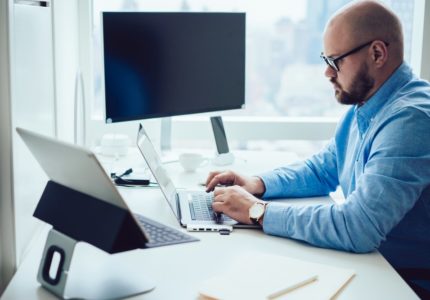On Monday, the Sterling dropped against the US dollar to a one-month low at the beginning of a week where the focus of traders has turned towards growth data in Britain.
In addition, investors are also waiting for remarks from the policymakers of the Bank of England (BoE) regarding the pace of interest rate increases.
The British currency
There was a 0.2% drop in the British pound, as it fell to $1.2031, as it extended its declines against the US dollar, having already lost 2.8% in the previous week.
This is the worst decline of the British currency in over four months and it occurred because the US dollar surged in light of the US nonfarm payroll data that turned out to be better than expected.
The British currency was able to record gains against a weaker euro, but it was still close to its softest value against the single currency after September last year.
Currency analysts said that pound movements this week would be driven by two domestic inputs, which are the Bank of England (BoE) speakers and the growth data.
However, they also added that positive domestic news could be counteracted by a stronger US dollar, geopolitical developments as well as global risk sentiment.
They stated that the GBP/USD currency pair could end up testing the 1.2000 very soon.
The data
On Friday, the numbers relating to economic growth in Britain are scheduled for release and the data is expected to show that the economy was able to avoid a contraction for the second quarter in a row.
This is a definition that is commonly used to refer to a recession. There was a weakening in global risk sentiment, as investors were busy unwinding their positions about central banks hitting a pause on interest rate hikes.
After the jobs data on Friday, there was a 95% increase in trader expectations about an interest rate hike of 25 basis points to be delivered by the US Federal Reserve.
Other details
There were also geopolitical tensions rising on Sunday, as the US military said that it was searching for the remains of a suspected Chinese spy balloon that had been shot down on Saturday.
This deepened concerns about worsening ties between the two largest economies in the world.
In domestic news, Catherine Mann, the rate-setter for the Bank of England (BoE) said on Monday that she was in support of further hikes in the interest rates.
She also said that hitting a pause on the rate hikes, which some of her colleagues are advocating, would not have a favorable impact.
Last week, the central bank backed away from its promise of forcefully responding to signs of inflationary pressure.
It had delivered an interest rate hike of 50 basis points and also said that inflation had probably reached its peak in the country.
Currency strategists indicate that this kind of policy stance could put more pressure on the British pound and stopping hikes was not a good idea when inflation remains high.

















